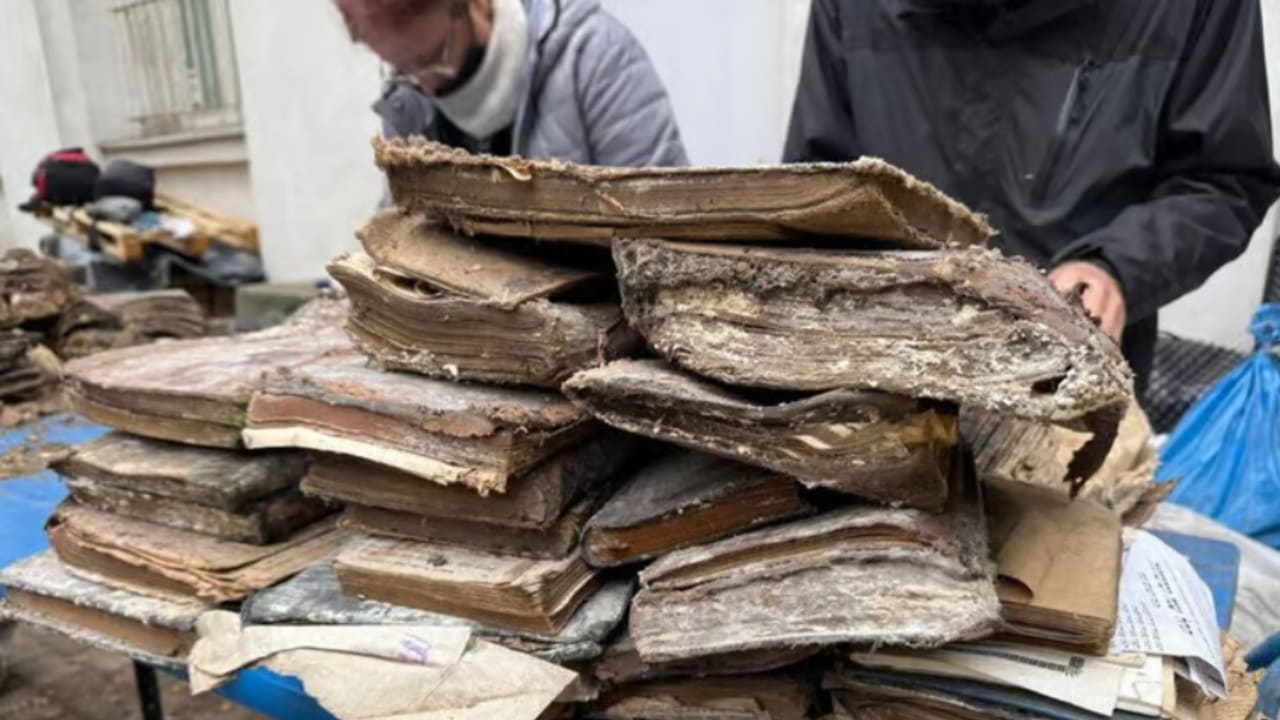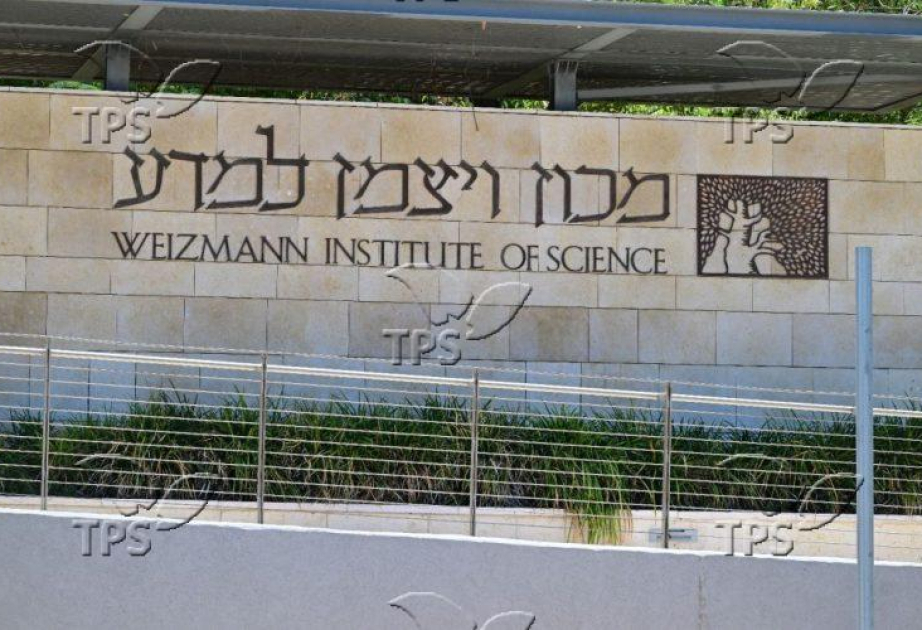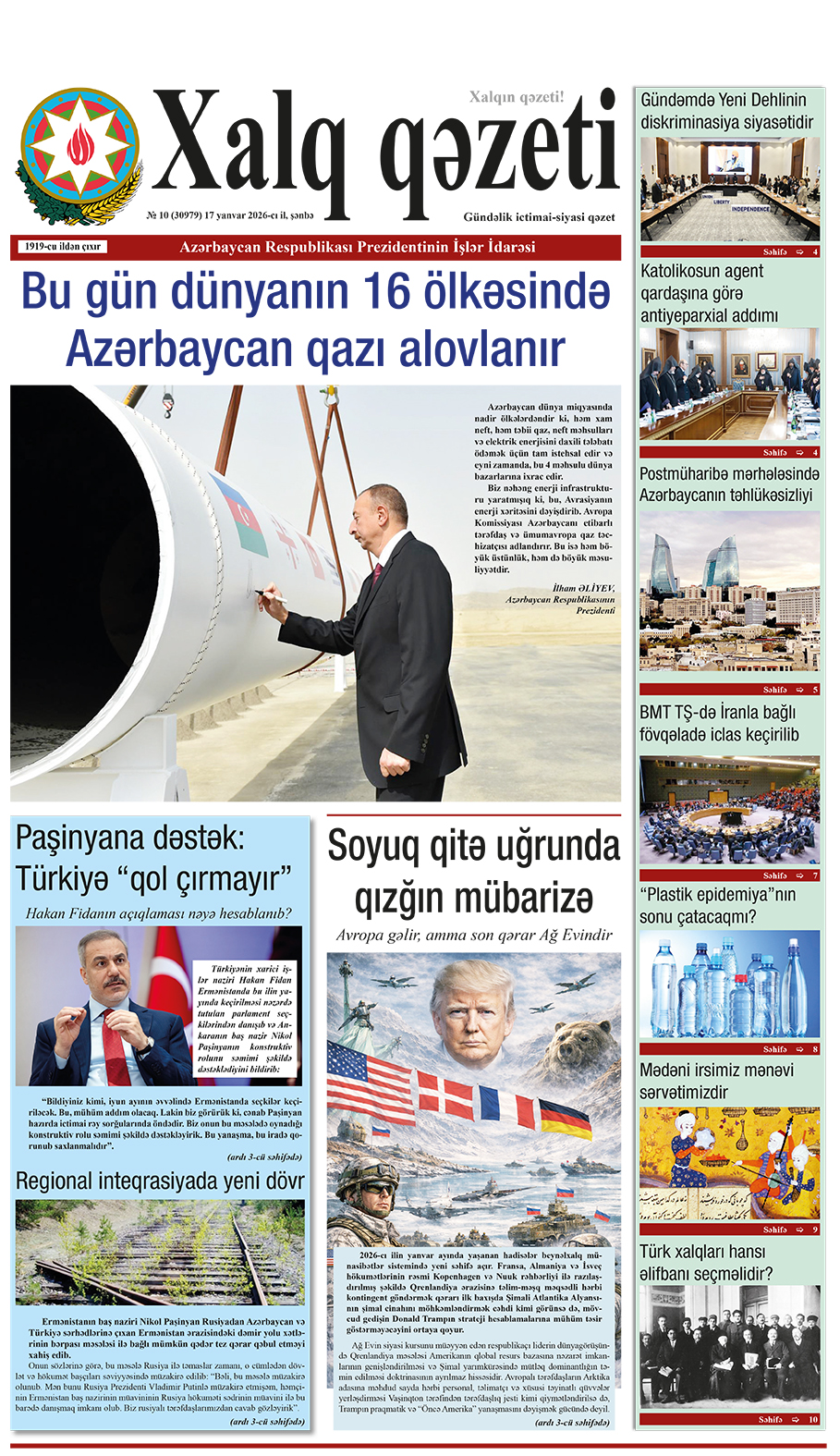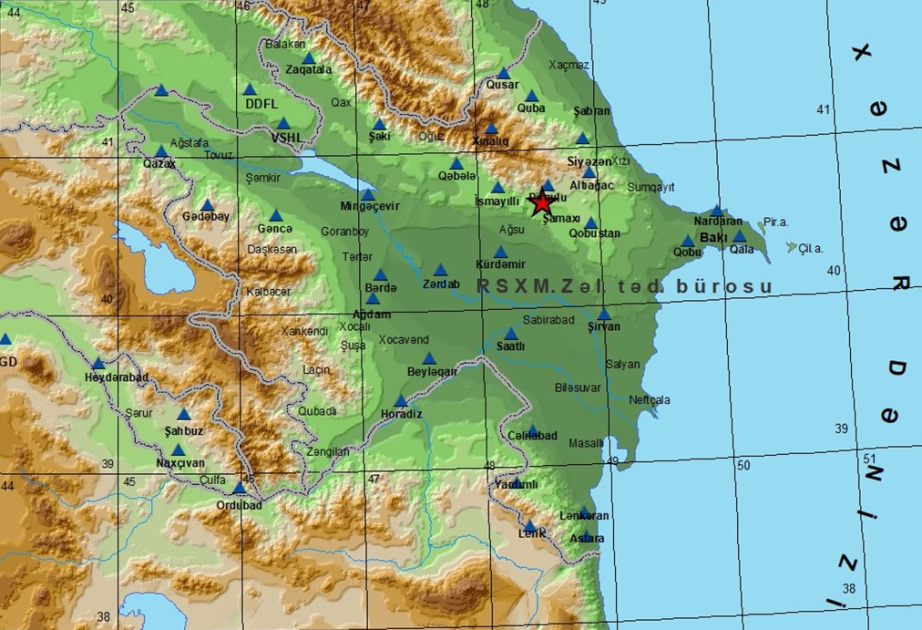ByJERUSALEM POST STAFF
The researchers removed about 40 to 50 sacks—roughly 1.5 tons—from a locked basement near the Nożyk Synagogue
Experts in a Warsaw laboratory worked to revive several hundred rescued Jewish books after one of the largest discoveries of such material in Poland in decades.
The researchers removed about 40 to 50 sacks—roughly 1.5 tons—from a locked basement near the Nożyk Synagogue. The bags held mold-covered holy texts, some now linked to the long-lost library of the Yeshiva of the Sages of Lublin, which disappeared during the Holocaust.
Many volumes were fused together or fell apart when touched, and spores had penetrated the paper. The local Jewish community asked Piotr Nazaruk, a Polish government curator known for preserving Jewish heritage, to lead a rescue. He brought in historians Monika Taryjko and Andrzej Tchórzyński, who already studied the Lublin yeshiva collection.
The three researchers, wearing protective gear and following Warsaw Conservation Office rules, sorted the material by portable light. “We tried to save everything we could, according to the guidelines of the Warsaw Conservation Office. We tried to save everything that was printed before 1800, or has interesting stamps and signatures, or was in relatively good condition,” said Nazaruk.
Several hundred books were sent, just before Yom Kippur, to a firm that disinfects and restores paper; the Warsaw Jewish community and the research team are sharing costs. Six works bearing stamps from the Lublin yeshiva already passed the first cleaning stage. Items printed before 1800 or marked with distinctive seals are receiving extra care for eventual display or scholarly use.
Many other books were beyond recovery. Volumes that cannot be opened will be buried in a Warsaw genizah, while those still hazardous remain quarantined until treatment ends. Stabilized copies will go to Warsaw’s Jewish community, museums, libraries, and inactive synagogues.
Researchers also found pieces of Torah scrolls with donor names on the wooden rollers. Nazaruk continues to investigate whether the rest of the Lublin yeshiva library was destroyed, moved to Germany, scattered abroad, or hidden.
Stamps, paper, and bindings from the new cache match catalog records and photographs of the Lublin collection. After restoration, books confirmed as belonging to the Chachmei Lublin Yeshiva will return to that institution; other volumes will enter Jewish heritage institutions across Poland.
The basement has been cleared and disinfected, and the saved books now dry in climate-controlled rooms, awaiting the next phase of their restoration.















